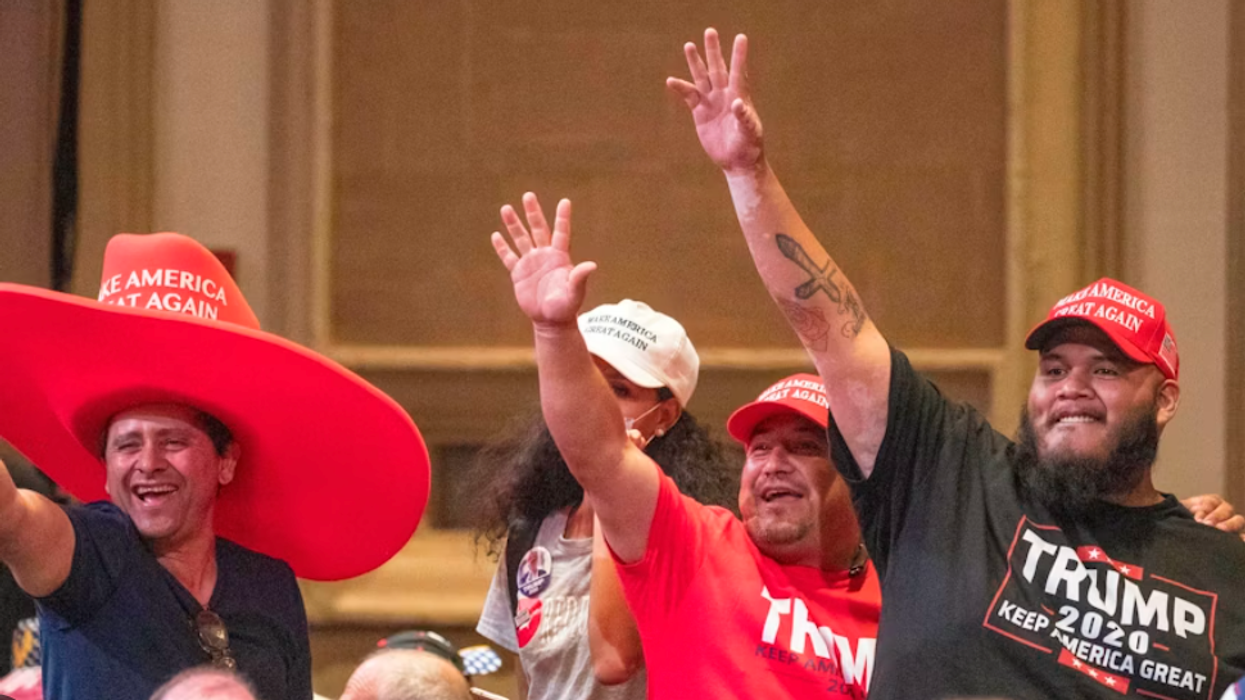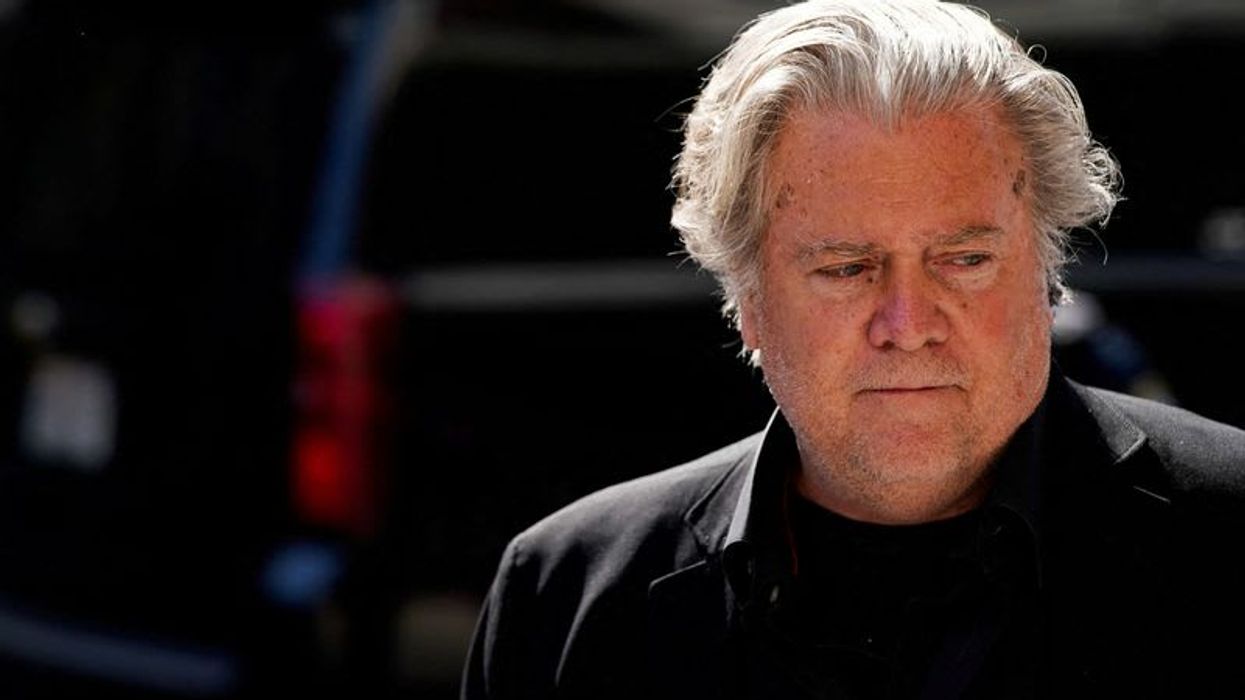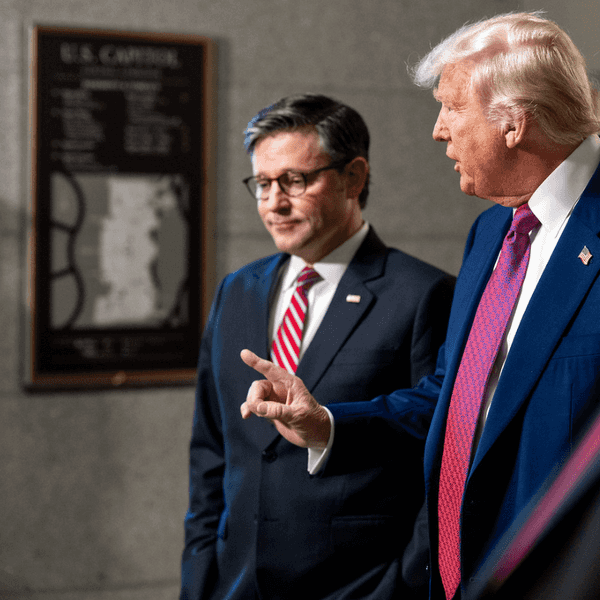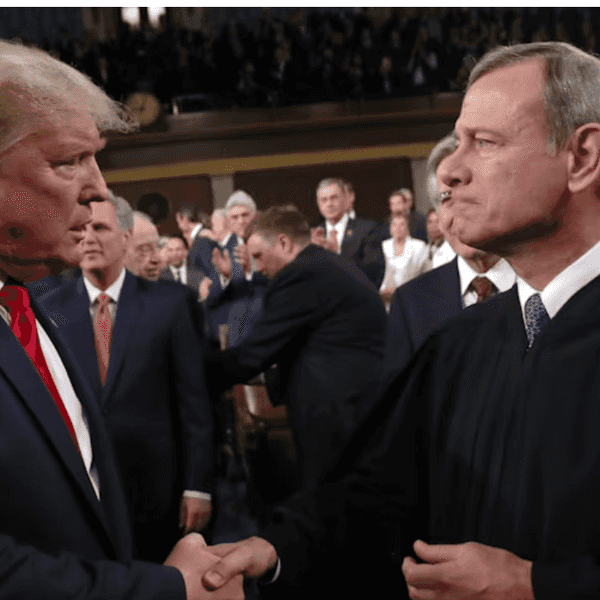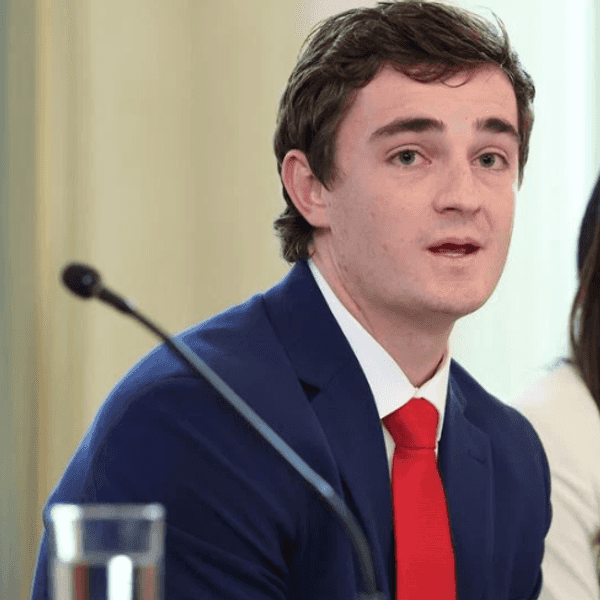Unprecedented: Prosecutors Resign Over Trump's ICE Shooting Coverup
The stunning resignations on Monday of four senior career officials from the Criminal Section of the Justice Department’s Civil Rights Division confirm that DOJ has gone profoundly off the rails in its handling of what increasingly appears to be one of the gravest excessive-force cases in decades.
The resignations, an ultimate eloquent gesture, reportedly had multiple causes. The central one was the sidelining of the Criminal Section from the investigation of the January 7 fatal shooting of Renee Nicole Good by Immigration and Customs Enforcement (ICE) agent Jonathan Ross.
In any normal, professionally run Department of Justice—Democratic or Republican—a shooting that looks this serious on its face would trigger a searching civil-rights investigation by the Criminal Section, the Department’s longstanding unit for prosecuting unlawful uses of force. That has been true whether the assailant was a state officer, as in Rodney King, or—more rarely—a federal one, as at Ruby Ridge. (I served in the Department during both and worked on the King case, and I’ll be writing about some of the lessons from that case in coming Substack pieces.)
ICE has steadfastly maintained that the shooting was justified because Ross reasonably believed that Good was attempting to run him over. But multiple bystander videos and visual analyses have seriously undermined that self-serving account. I put the point in that lawyerly, hedged way because, for present purposes, it is more than enough to establish beyond any cavil that this case demands the most thorough investigation the federal government can muster.
That is the very opposite of what happened here.
First, the highest government officials circled the wagons around Ross. Donald Trump and Vice President J.D. Vance defended the agent’s actions and suggested that Good bore responsibility for her own death. Homeland Security Secretary Kristi Noem labeled the incident “domestic terrorism,” a characterization that has been widely questioned. Trump himself made inaccurate claims that Good had “run over” the ICE officer, which video evidence contradicts.
At the same time, leadership of the Civil Rights Division, under Assistant Attorney General Harmeet Dhillon, informed the Criminal Section that it would not be investigating the case at all—a spectacular departure from past practice. Multiple career prosecutors offered to go to the scene but were told not to.
It was like a fire chief watching smoke pour from a burning building and ordering the crew not to respond, even as firefighters volunteered to go in.
The resigning officials, then, were not merely objecting to a particular judgment call. In effect, they were saying that if the Criminal Section does not have jurisdiction over a case like this, its role has been reduced to near irrelevance.
DOJ instead assigned the investigation to the U.S. Attorney’s Office for the District of Minnesota. But that office lacks the expertise, experience, and institutional stature to undertake an inquiry that goes to ICE’s core mission and legitimacy.
Nor is the broader context hard to discern. A serious civil-rights investigation—or worse, a criminal prosecution—would cut directly against the administration’s signature priority: an aggressive, high-visibility immigration enforcement campaign in which forceful tactics are treated as proof of resolve rather than excess. Calling this shooting into question would not merely implicate one agent; it would threaten the legitimacy of a brute-force enforcement regime that is Trump’s pride and joy. And it would come at a moment when the president is reportedly already furious with Attorney General Pam Bondi and senior immigration officials over perceived softness and setbacks.
There is also a more calculating dimension to the assignment. Even if toothless, a federal investigation provides a ready rationale for declining parallel inquiries and resisting cooperation.
That concern is not theoretical. Federal authorities reversed an initial plan for a joint investigation with Minnesota officials, shifting the probe to exclusive FBI control and cutting off the Minnesota Bureau of Criminal Apprehension from evidence and access. State officials—including Attorney General Keith Ellison and Hennepin County Attorney Mary Moriarty—have said publicly that this move hamstrung their ability to conduct an independent investigation.
Minnesota responded Monday with a lawsuit against the Department of Homeland Security, ICE, and senior federal officials seeking to block the massive immigration enforcement surge in the Twin Cities. The complaint characterizes the deployment of more than 2,000 armed agents as an “invasion” and alleges unlawful tactics—warrantless stops and arrests in sensitive locations, racial profiling, and unconstitutional conduct that has disrupted daily life and eroded public safety. It further asserts that the campaign bears no genuine connection to its stated goals and instead reflects a retaliatory pattern of federal action aimed at Minnesota because of its political leadership and demographics.
This case is shaping up to be a scandal along the lines of the January 6 pardons and the reprisal prosecutions. Wherever its investigation is housed, it cannot be credible while it remains under the political control of an administration that has already pre-judged the case—publicly, loudly, and at the highest levels.
The feds’ normal response in a case of this gravity would be to assign the Criminal Section to conduct a vigorous, independent investigation, working in cooperation with state authorities and following the facts wherever they lead. The second defensible option would be to step aside in favor of the state, which has its own compelling interest in enforcing criminal law and protecting its citizens. Instead of either option, federal authorities are choosing to hamstring meaningful scrutiny and insulate possibly grave criminal conduct from accountability. That path is unprecedented and indefensible.
Excessive force by officers is not new. What is novel for the United States is the use of federal power afterward to stifle investigation and shield wrongdoing. That turn—from lethal force to enforced impunity—is an abuse of authority and a hallmark of authoritarian governance.
Harry Litman is a former United States Attorney and the executive producer and host of the Talking Feds podcast. He has taught law at UCLA, Berkeley, and Georgetown and served as a deputy assistant attorney general in the Clinton Administration. Please consider subscribing to Talking Feds on Substack.
Reprinted with permission from Talking Feds.


